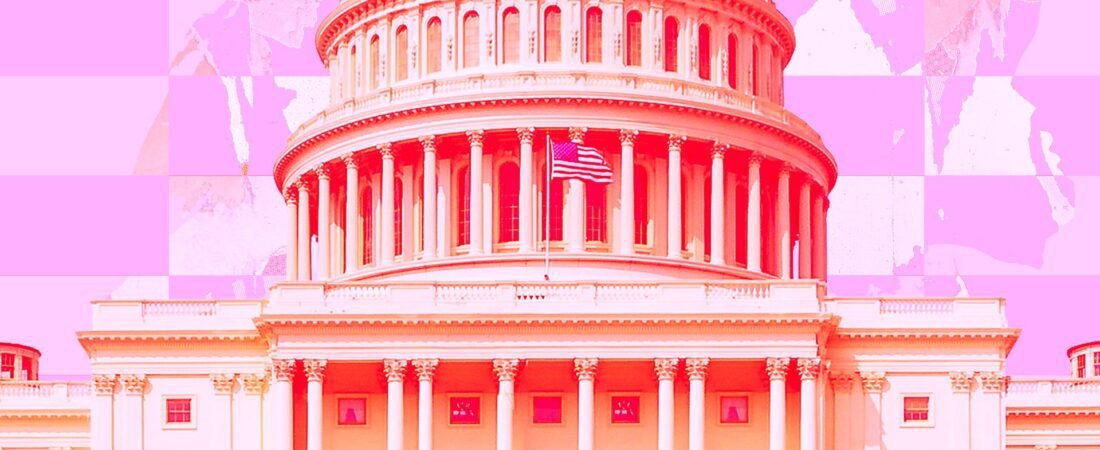Senate Democrats’ DeFi Proposal Sparks Controversy and Concerns Over Regulatory Overreach


Senate Democrats’ recent proposal targeting decentralized finance (DeFi) has ignited a fierce debate, drawing sharp criticism from both Republican lawmakers and leaders in the crypto industry. The core of the proposal introduces a “restricted list” that would empower the Treasury Department to ban DeFi protocols considered too risky, with the stated goal of curbing illicit financial activity.
A central point of contention is the proposed requirement for Know Your Customer (KYC) compliance on non-custodial DeFi applications and all front-end providers, regardless of whether developers or operators have access to user assets. This means that anyone creating, deploying, or financially benefiting from a DeFi protocol could be classified as an intermediary, subjecting them to regulation similar to traditional financial brokers. According to industry leaders, such broad definitions could capture nearly all participants in DeFi development and operations.
Critics argue that these provisions represent regulatory overreach. By classifying most DeFi actors as intermediaries, the proposal could strip key legal protections from developers and operators, increase the risk of criminal liability, and introduce a level of government control that industry advocates see as unprecedented and unworkable. Many fear these measures would push crypto innovation and development outside the United States, undermining the country’s position in digital asset technology.
The proposal further divides regulatory oversight between the Securities and Exchange Commission and the Commodity Futures Trading Commission but leaves the Treasury with sweeping authority to decide when a protocol is sufficiently “decentralized.” Republicans and industry groups have voiced concerns that this approach is inconsistent with bipartisan efforts—like the Responsible Financial Innovation Act (RFIA) and the CLARITY Act—both of which aim to provide clearer protections for DeFi developers and foster innovation through regulatory sandboxes and exemption of certain digital assets from securities law.
Crypto industry spokespeople and policy experts warn that the Democrats’ draft frames DeFi not as a technological breakthrough to be nurtured but as a threat to be tightly constrained. They argue that such a stance could stall ongoing bipartisan negotiations over comprehensive crypto legislation and ultimately drive entrepreneurs, developers, and capital away from U.S. markets.
As the debate continues, the future of U.S. DeFi regulation remains highly uncertain, with lawmakers, regulators, and innovators grappling over how best to balance consumer protection, illicit finance prevention, and the preservation of American leadership in the digital asset economy.

댓글 쓰기